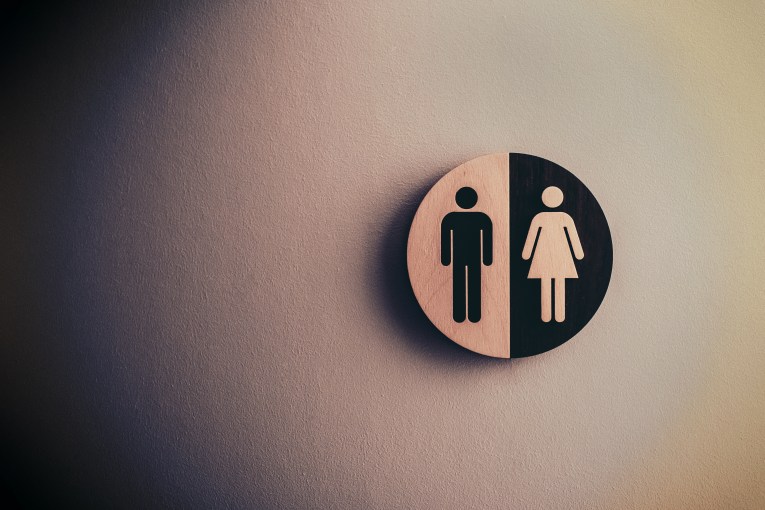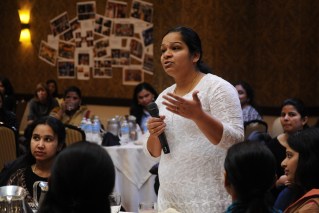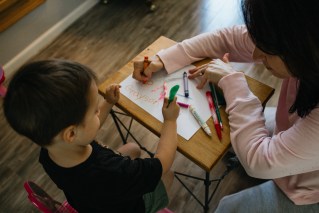More access required: How schools can go the extra mile for deaf students
Great care has been taken in Queensland to be more supportive of the deaf and HOH (Hard of Hearing) community. However, is there a way for Queensland’s education system to go the extra mile for its deaf students?

During the recent natural disasters, like the floods that struck Australia’s eastern coastline last year, it was made a priority that there was an interpreter signing AUSLAN (Australian Sign Language) at media conferences and official announcements.
Regular viewers may have noticed it always seemed to have been the same one or two people signing, confirming there are not many communicators qualified to cater for the deaf community.
This is a recurring problem for the deaf community – the lack of awareness – especially since it is likely that hearing people will meet a deaf person at least once whilst living in Queensland.
Dr Louise Munro, a psychologist and counsellor at Queensland University of Technology, said many Australians remained unaware of “deafness as a cultural experience.”
Munro described the current state of inclusivity for the Ddaf Community in Queensland’s education system as “More Access Required.”
Deafness Forum of Australia chair David Brady said the treatment of deaf people at some schools was “poor or lazy if they have the means to do it and are asked by the parents”.
When asked if Australia lacked diversity in matters such as deaf etiquette, Munro said: “Absolutely. I think the key thing is that most people see deafness as a disability, but a lot of deaf people see deafness as a cultural and linguistic group”.
There are many ways Queenslanders could offer support for deaf and HOH students in the community, Brady suggested
“Basic Auslan in general would be of great benefit for many students regardless of whether they are deaf or hearing,” he said.
He said schools should also encourage deaf students to present to their class or year level about their experience or invite a member of the deaf community to present to the school to raise awareness.
It would also be great if most schools in Queensland were able to distribute books that discuss the deaf community, Brady said.
“This would be a brilliant opportunity for a large deaf support organisation like Deaf Connect to organise a donation drive to have books discussing the deaf community in schools, as well as raising awareness of hearing loss,” he said.
Though including new attributes into Queensland’s school curriculum to ensure it is more inclusive may take time, Brady said.
But he said it should not take long if the school was allowed to make adjustments and pro-active steps to make the changes to support members of the deaf community at their school.
He said it was not just a government decision whether schools make these changes to Queensland’s schools. There needed to be a push from other members of the school community.
“Even with a push from the Government, it is for the school leadership to do more and be willing to implement supports and inclusive practices for deaf students,” he said.
To break the language barrier between the deaf and HOH community and hearing people, everyone must do their part, he said.
“The barrier can only be broken if the school leadership is willing, and the deaf community who attends the school is bold enough to suggest ways to work with them to make these barrier breaking initiatives happen,” he said.
With Australia’s rise in diversity, this is a time for initiative and change. Queensland’s education system has room to improve.












